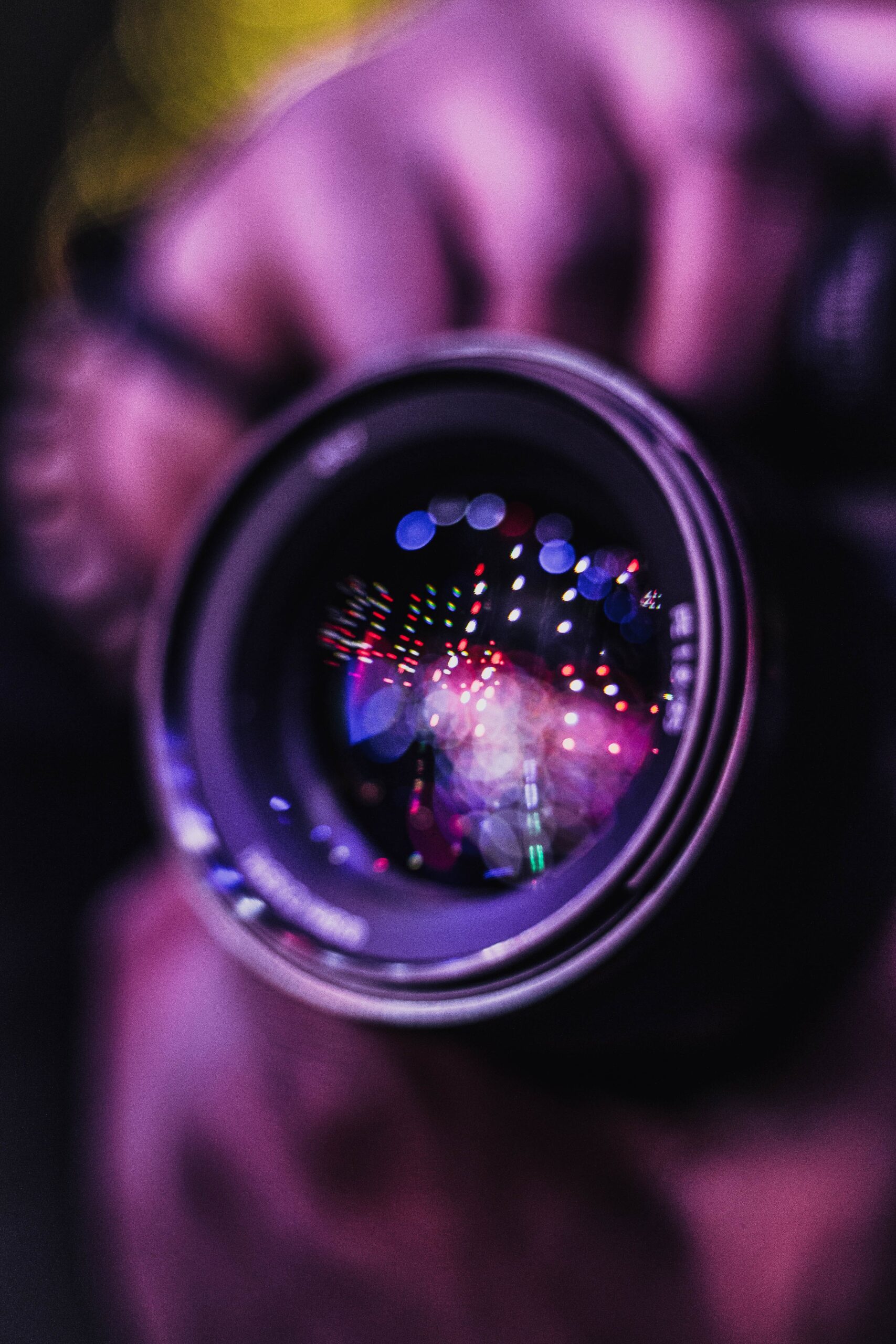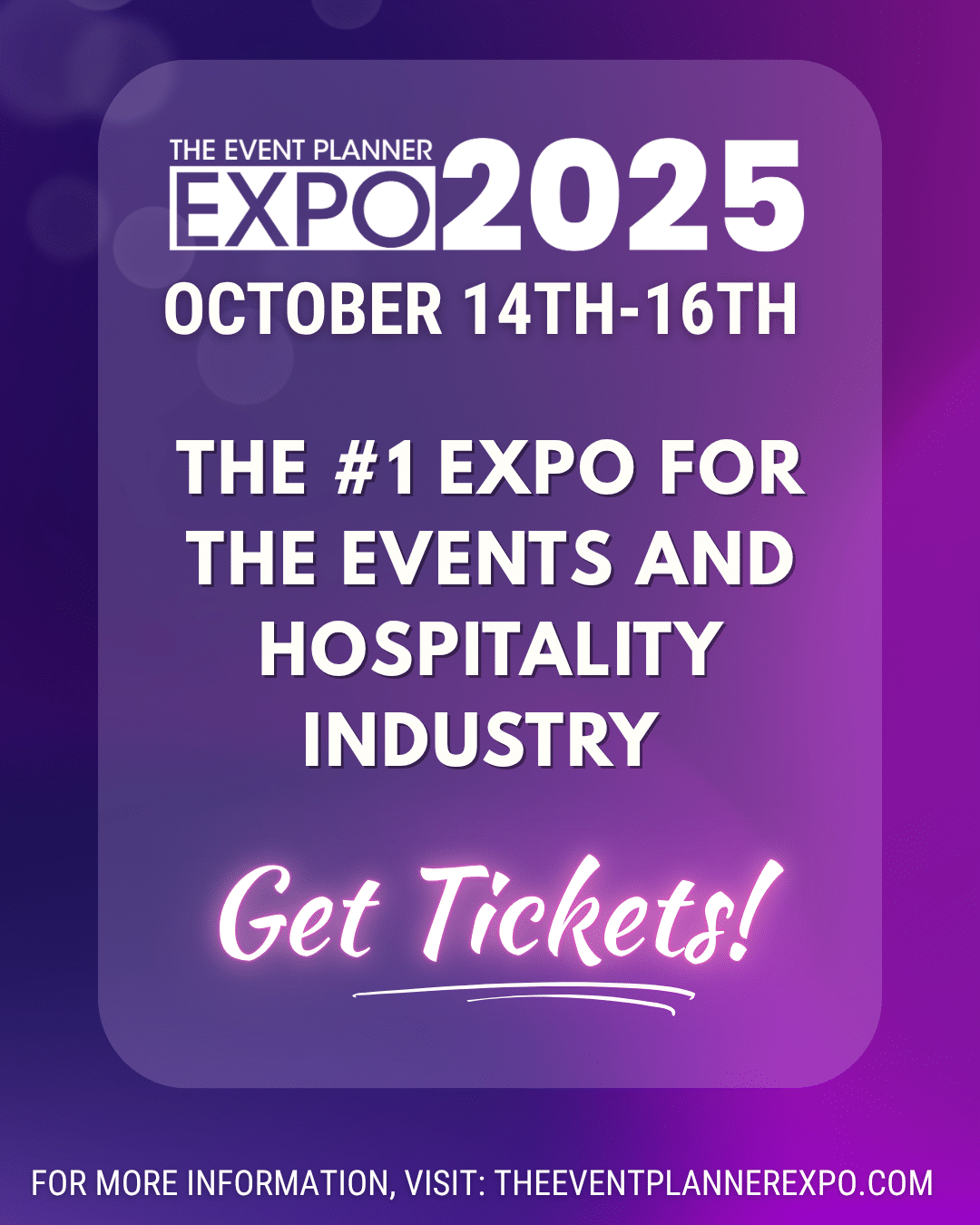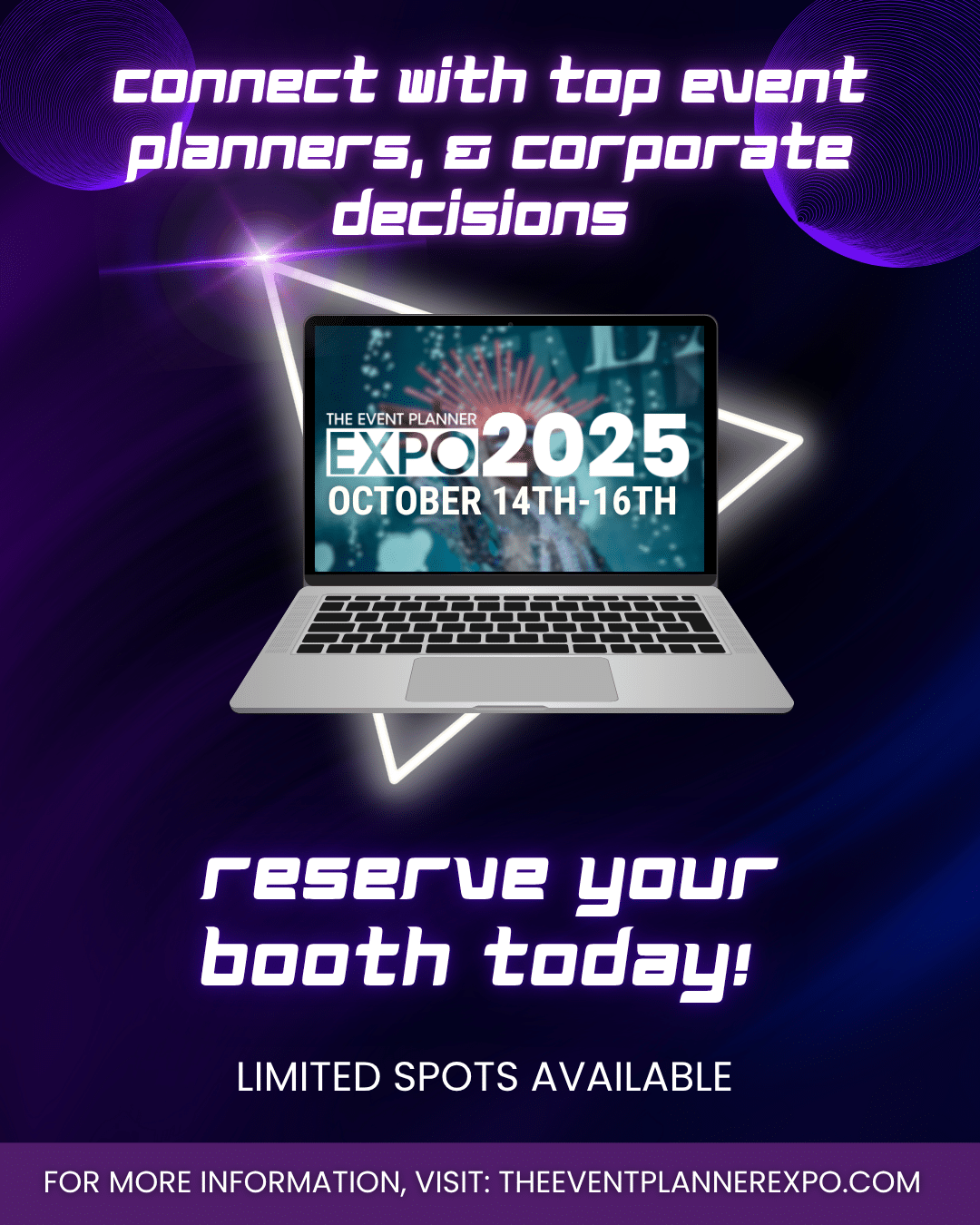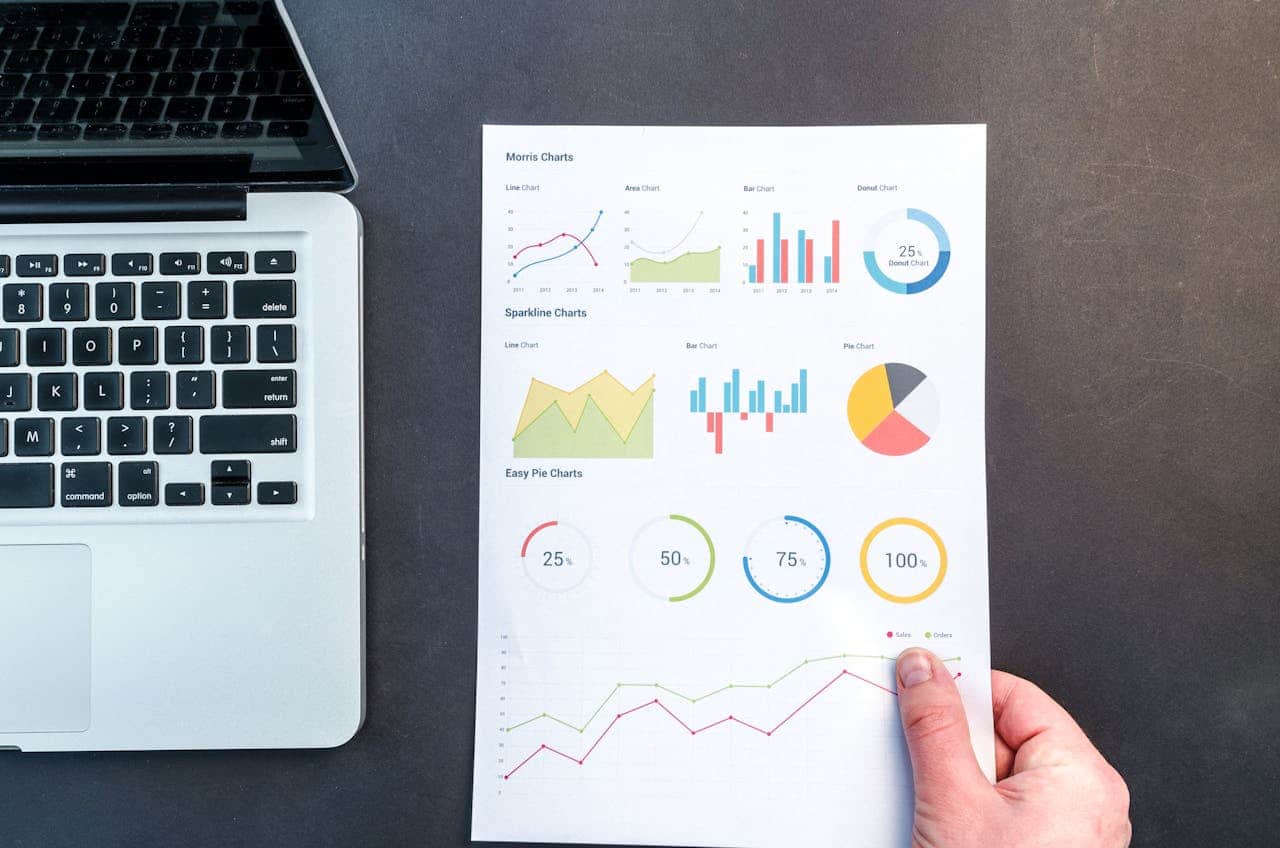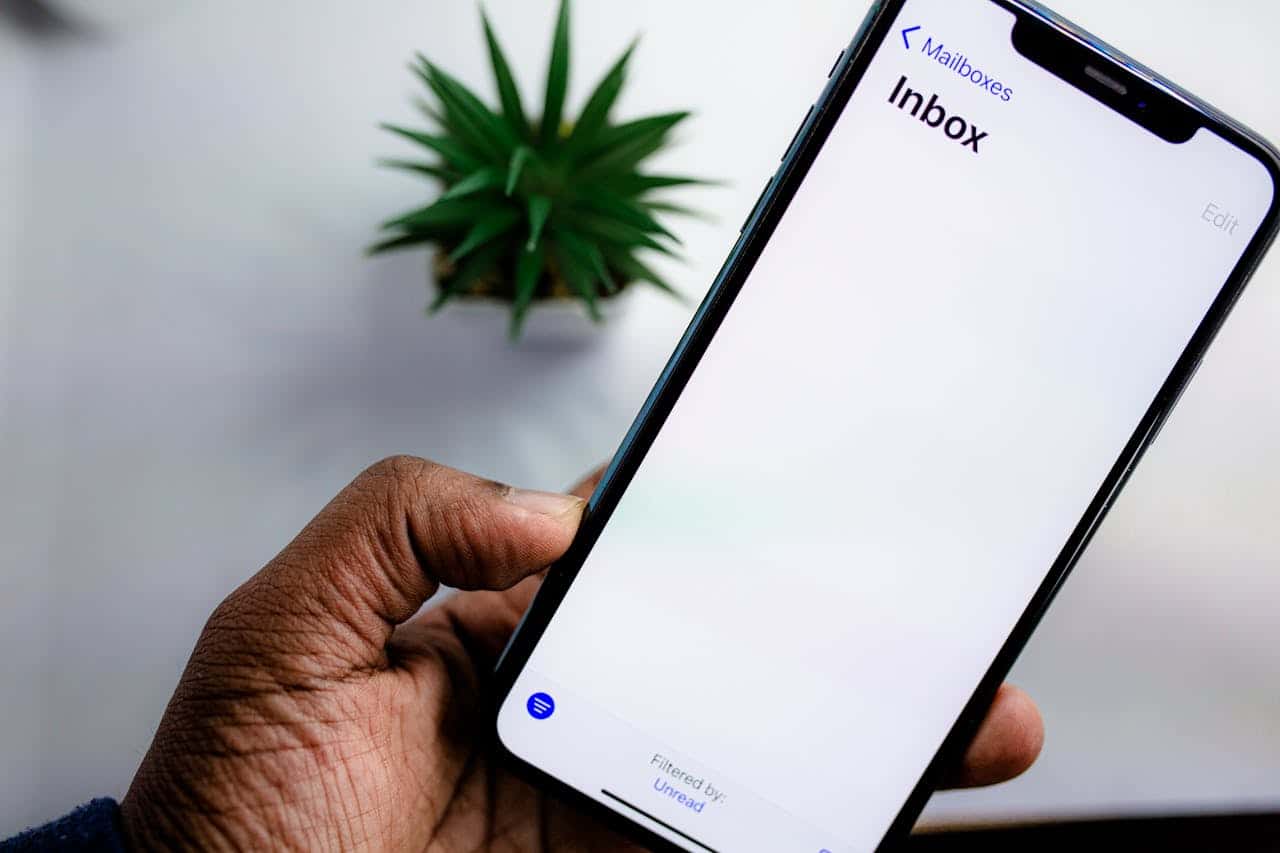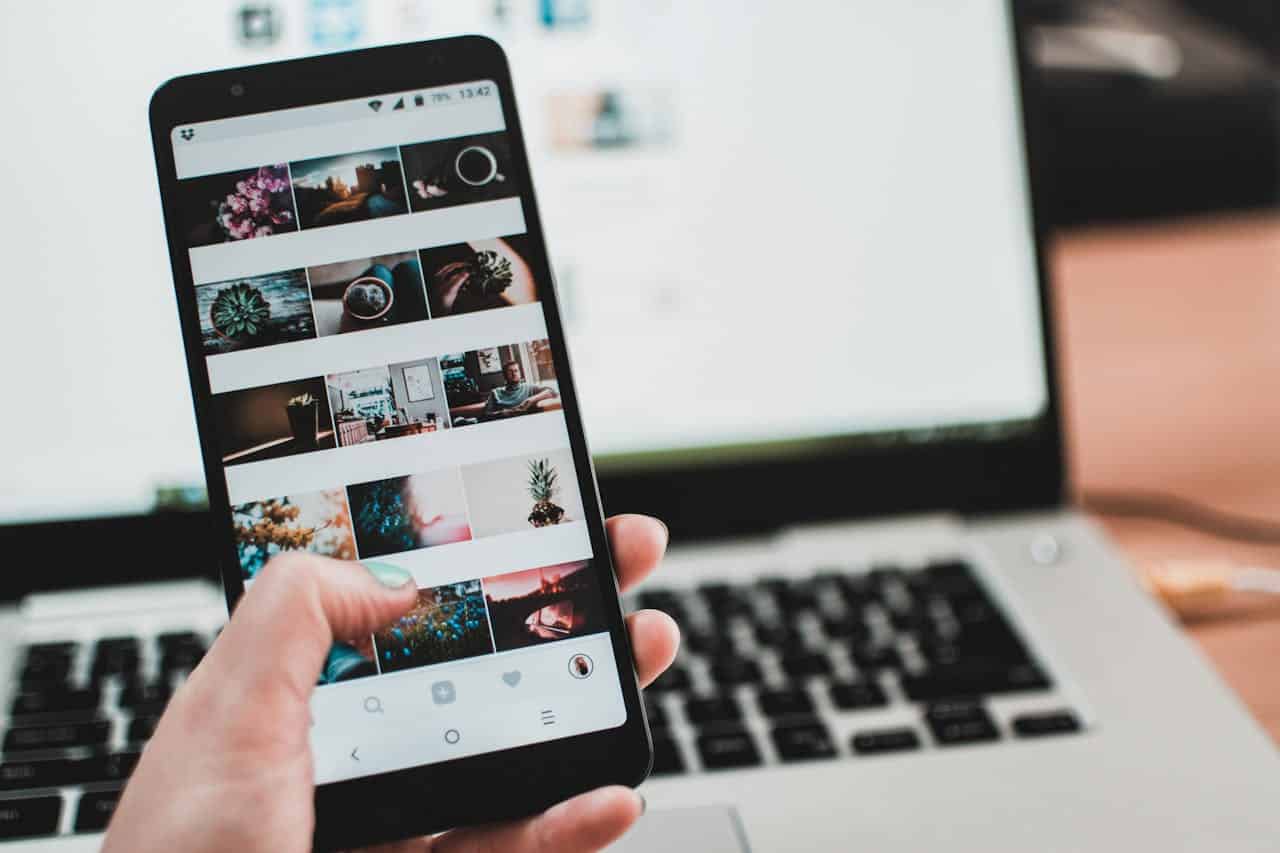Why settle for just memories when you can immortalize every moment? Picture this: The lights dim, the crowd hushes, and your meticulously planned event unfolds. In these fleeting, irreplaceable moments, an expert event photographer becomes more than just a bystander; they become the silent narrator of your story.
Capturing laughter, excitement, and those unscripted instances, the right photographer can turn fleeting seconds into timeless art. But how do you ensure you’ve got the best behind the lens? As we delve into the world of event photography, this article becomes your guide to hiring a photographer whose portfolio not only speaks but sings of their expertise.
The Role of Photography in Event Success
Photography holds a unique power when it comes to event planning. It’s not just about capturing images. It’s about immortalizing moments, telling a story, and extending the life of an event far beyond its actual duration.
A skilled event photographer can capture the essence of an event, its atmosphere, and the emotions of those present. This crucial aspect of event planning is often what keeps the memory of the event alive and helps in creating a lasting impact.
The success of an event is often measured by the experiences it creates and the emotions it evokes. Photographs play a critical role in this, as they are tangible reminders of these experiences and emotions.
They serve as a bridge connecting the event with those who attended and even with those who could not. By sharing these moments through various platforms, the event’s reach is significantly broadened, engaging a wider audience and creating a ripple effect that extends the event’s influence.
Types of Event Photography
Event photography is a broad term that encompasses various types of photography, each with its unique requirements and skill sets.
Corporate events, for example, require a photographer who understands the subtleties of capturing formal interactions, keynote speeches, and networking sessions while maintaining a sense of professionalism and discretion.
Wedding photography, on the other hand, is all about capturing the intimacy and emotion of the day. It requires a photographer with the ability to capture candid moments and create stunning portraits.
Photography editing skills are also an important aspect of event photography. Post-event editing can transform good photos into great ones.
Skilled photographers use editing techniques to enhance lighting, color balance, and sharpness. These skills ensure that the final images reflect the quality and tone of the event. This is particularly important in today’s visually-driven world, where the quality of images can influence perceptions and brand image.
Furthermore, the equipment used by a photographer plays a significant role in the types of photography they can excel in. A sports event photographer, for instance, needs high-speed cameras capable of capturing fast-moving action. Whereas a concert photographer requires equipment that can handle low lighting conditions and varying angles.
Key Elements to Look for in a Photographer’s Portfolio
When hiring an event photographer, evaluating their photography portfolio is a crucial step. A portfolio does more than showcase a photographer’s best work. It provides insight into their style, versatility, and ability to capture the essence of an event.
Here are key elements to focus on:
Quality of Images
The first thing to notice in a photography portfolio is the quality of images. Look for clarity, composition, and attention to detail.
Are the photos sharp and well-focused? Do they display an understanding of lighting, ensuring subjects are neither overexposed nor lost in shadow?
For example, in a wedding album, you should be able to see the intricate details of the wedding dress and the expressions of the couple, even in a dimly lit venue.
Diversity of Events
A versatile photographer will have experience with various types of events. Their portfolio should include a range of events, from corporate gatherings to social parties.
This diversity indicates the photographer’s ability to adapt to different environments and capture the unique atmosphere of each event. If you’re planning a corporate event, you wouldn’t want a portfolio filled solely with casual party images. Instead, you would look for professional and polished photographs that reflect a corporate setting.
Capturing Candid and Staged Moments
A good event photographer excels at capturing both candid moments and staged shots. Candid photos reflect the spontaneous, unscripted moments that often become the most cherished memories of the event.
At the same time, well-composed staged photographs are essential for capturing groups and key event highlights. A strong portfolio will include examples of both, showing the photographer’s ability to navigate through an event seamlessly.
Consistency in Style and Quality
Consistency is key in a photography portfolio. While it’s important for a photographer to be adaptable, their portfolio should also show a consistent quality and style.
This consistency gives you a clear idea of what to expect from your event photos. For instance, if a portfolio displays a consistent style of vibrant and lively images, you can expect similar results for your event.
Evaluating the Photographer’s Experience and Professionalism
When hiring an event photographer, assessing their experience and professionalism is as vital as admiring their portfolio. This evaluation ensures that the photographer can handle the specific demands of your event with skill and finesse.
Assessing Experience
Start by looking at the photographer’s history of events. Have they worked on events similar to yours?
For example, if you’re planning a large corporate conference, a photographer with experience in large-scale corporate events would be more suitable than one who primarily shoots intimate family gatherings. Their experience in similar events can often predict their ability to handle the complexities and dynamics of your event.
Professional Interaction and Approach
A photographer’s professionalism is evident in how they interact with you and other clients. Are they prompt and clear in their communication? Do they understand and respect your event’s vision?
A professional photographer should actively listen to your needs and suggest ideas that align with your goals. For instance, if you express a desire for candid shots at a corporate retreat, the photographer should be able to articulate how they plan to capture these moments unobtrusively.
Testimonials and References
References and testimonials from previous clients can be extremely telling. They provide insights into the photographer’s reliability, work ethic, and ability to deliver high-quality work.
Positive feedback, especially from clients who have hosted similar events to yours, can be a strong indicator of the photographer’s capabilities.
Their Event Approach
Lastly, understanding a photographer’s approach to event photography is crucial. How do they plan to navigate through your event? Do they have a strategy for capturing all the key moments?
For example, in a product launch event, the photographer should have a clear plan for capturing the product, the reactions of the attendees, and the key speakers.
Aligning Photography Style with Your Event’s Theme
Choosing a photographer whose style matches your event’s theme is crucial for capturing the essence of your occasion. When planning an event, consider how the photographer’s style will complement the atmosphere you want to create.
For instance, if you’re organizing a vintage-themed wedding, a photographer who specializes in a classic, timeless photography style is more fitting than one who prefers a modern, edgy approach.
Think about the mood and ambiance of your event. A corporate awards ceremony might call for a photographer with a formal, polished style, capable of capturing the grandeur and professionalism of the occasion.
On the other hand, a casual beachside gathering would benefit from a photographer with a light, airy style that captures the relaxed and spontaneous nature of the event.
Practical Tips for Hiring the Right Event Photographer
Ready to set out and hire an event photographer? Here are several practical tips to keep in mind to ensure you make the best choice for your event.
Discuss Budget and Expectations
Before hiring a photographer, be clear about your budget and what it includes. Does it cover post-event editing, travel expenses, or additional photographers if needed?
Also, discuss your expectations regarding:
- The number of images
- Their delivery format
- The timeline for receiving the final photographs
Importance of Contracts
A written contract is essential when hiring any professional. It should detail the services to be provided, the fees, the schedule, and any other expectations from both parties. This document serves as a protection for both you and the photographer and ensures that there is no ambiguity about the agreement.
Trial Shoots and Meetings
If possible, arrange a trial shoot or a meeting with the photographer. This gives you a chance to see them in action and assess how well they understand and can capture the essence of your event.
For example, you might have a trial shoot for a wedding at the venue to see how the photographer handles the location and lighting conditions.
Making Memories Last
As the final applause echoes and the last guest departs, what remains of an event well executed? The Event Planner Expo knows it’s the memories, skillfully captured and beautifully presented.
Events are the heartbeat of connections and collaborations, so choosing the right event photographer is pivotal. Our experience in bringing together industry leaders, decision-makers, and creatives at our yearly Expo underlines the importance of each captured moment in telling your event’s unique story.
Planning your next successful event? Remember that the right photographer is just a click away. Secure your tickets for the next Event Planner Expo on October 15-17, 2024.

